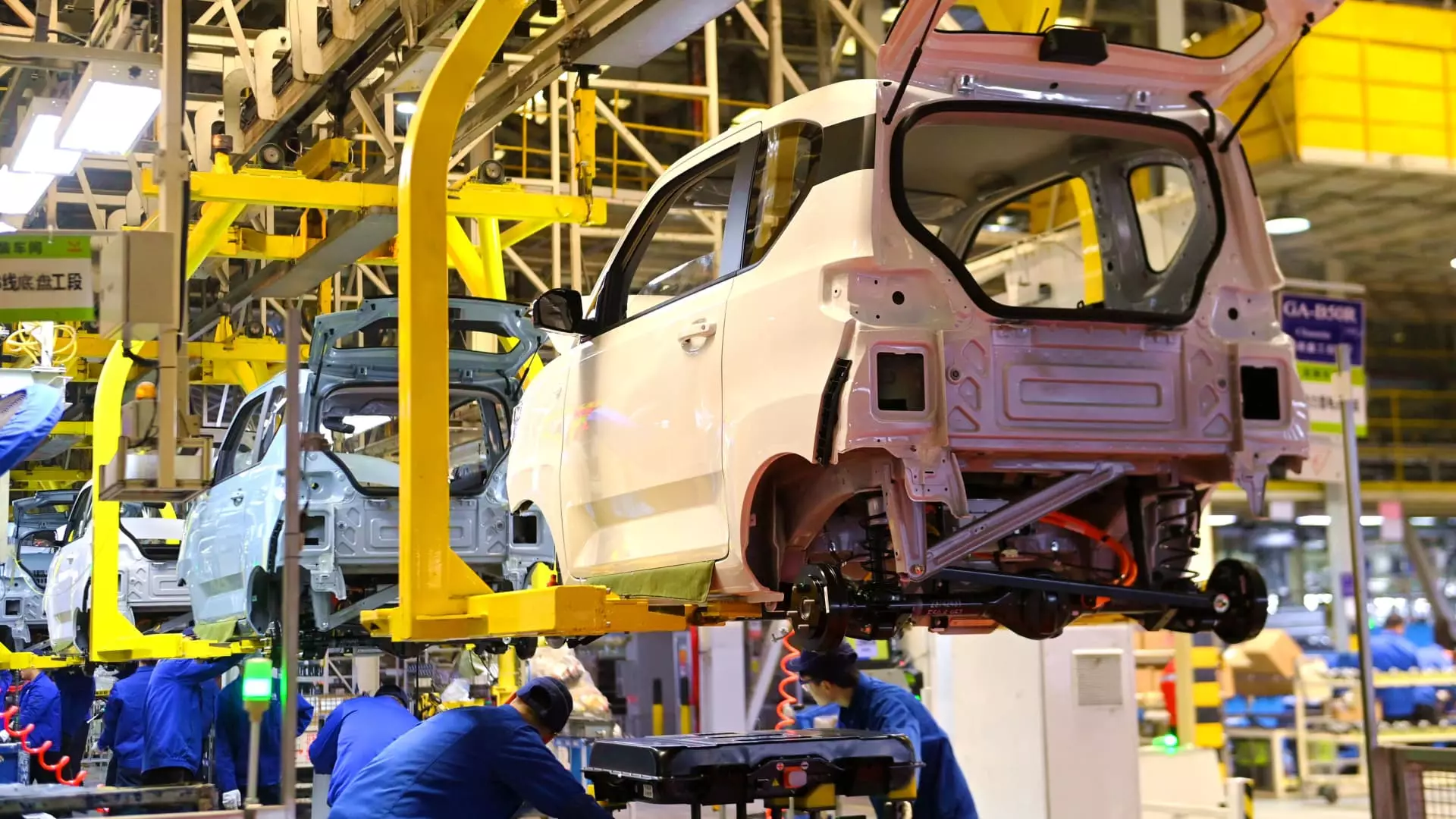China has invested an impressive $230.8 billion over more than a decade to develop its electric car industry. The government support represents 18.8% of total electric car sales between 2009 and 2023. According to Scott Kennedy from the U.S.-based Center for Strategic and International Studies, the ratio of government spending to EV sales has decreased from over 40% in the years before 2017 to just above 11% in 2023. However, this significant investment has not come without scrutiny, as the EU plans to impose tariffs on imports of Chinese electric cars due to the use of subsidies in their production.
Scott Kennedy highlighted that Beijing’s support for electric cars includes non-monetary policies that favor domestic automakers over foreign ones. He also mentioned that the U.S. has not created conditions as attractive as China’s to develop its electric car industry. Western automakers and governments have been criticized for not being aggressive enough in this sector. Western automakers are faced with intense competition from Chinese electric car manufacturers, leading analysts to suggest that major U.S. automakers should consider leaving China and focusing their efforts elsewhere.
The Chinese electric car industry has seen a surge in growth, with a growing penetration of electric cars in the country. This has significantly impacted foreign automakers who had previously dominated the fuel-powered market. Despite the extensive government support and market growth, Chinese EV companies have yet to witness a significant boost in profits. Analysts have noted that BYD’s net profit per car has declined, reflecting the intense price war and competition within the industry. Tesla’s profit per car has also dropped, indicating the challenges faced by electric car manufacturers to maintain profitability in a competitive market.
Scott Kennedy had previously laid out seven policy initiatives to address potential trade tensions from Chinese electric cars. It is essential for firms in a well-functioning market economy to carefully gauge their investment in new capacity to avoid significant gaps between supply and demand. The emergence of such gaps would likely result in industry consolidation, leading to a more sustainable market environment for electric car manufacturers.
While China has been at the forefront of electric car development, other countries like the U.S. have also been increasing their efforts to support clean technologies. The Inflation Reduction Act, which was signed into law in August 2022, allocated $370 billion for promoting clean technologies. One notable provision of the legislation is the $7,500 credit for qualifying electric car purchases. This stands in contrast to the average Chinese support per electric car purchase, which has decreased from $13,860 in 2018 to $4,600 in 2023.
China’s electric car industry has had a profound impact on the global market, with significant government support driving industry development. The challenges faced by Western automakers in competing with Chinese manufacturers highlight the need for more aggressive strategies and policies to support the growth of the electric car industry worldwide. As the market continues to evolve, it will be essential for all stakeholders to adapt to the changing dynamics and regulations in order to ensure a sustainable and competitive electric car market.


Leave a Reply